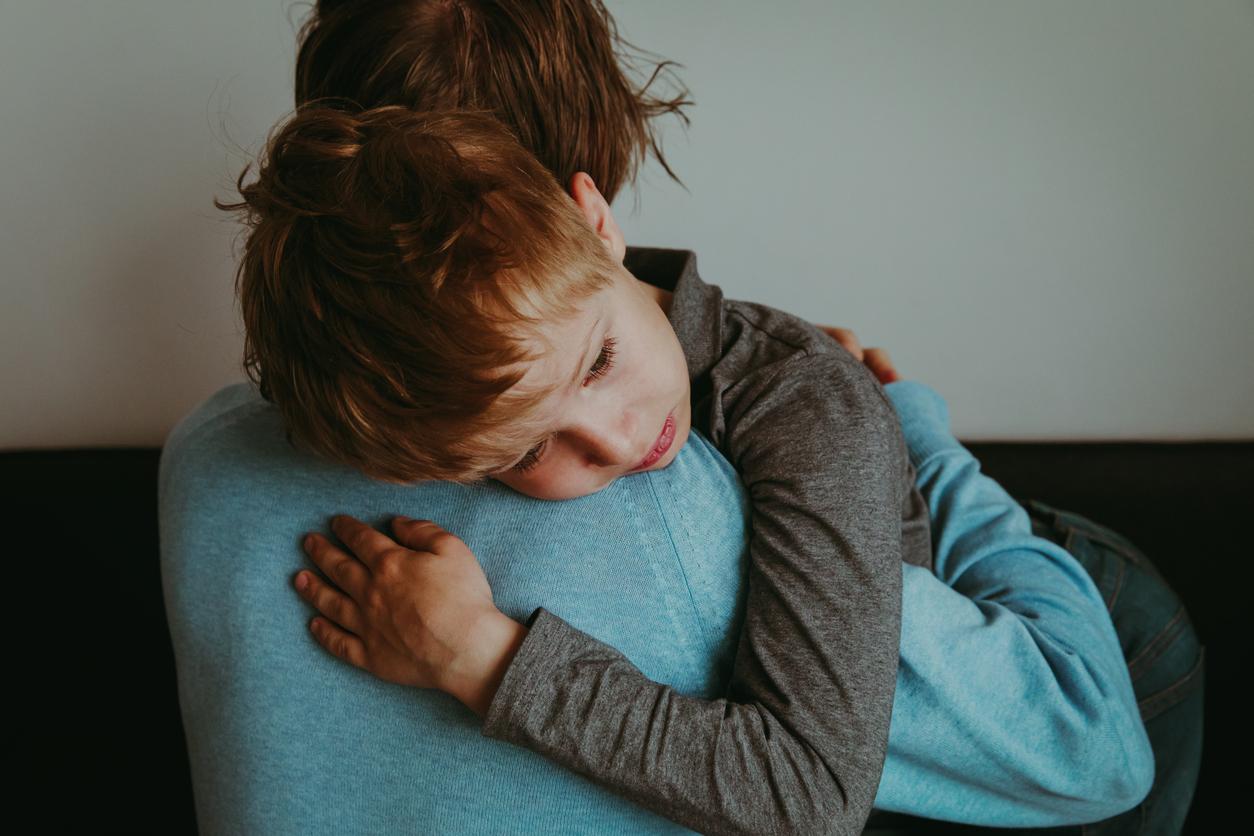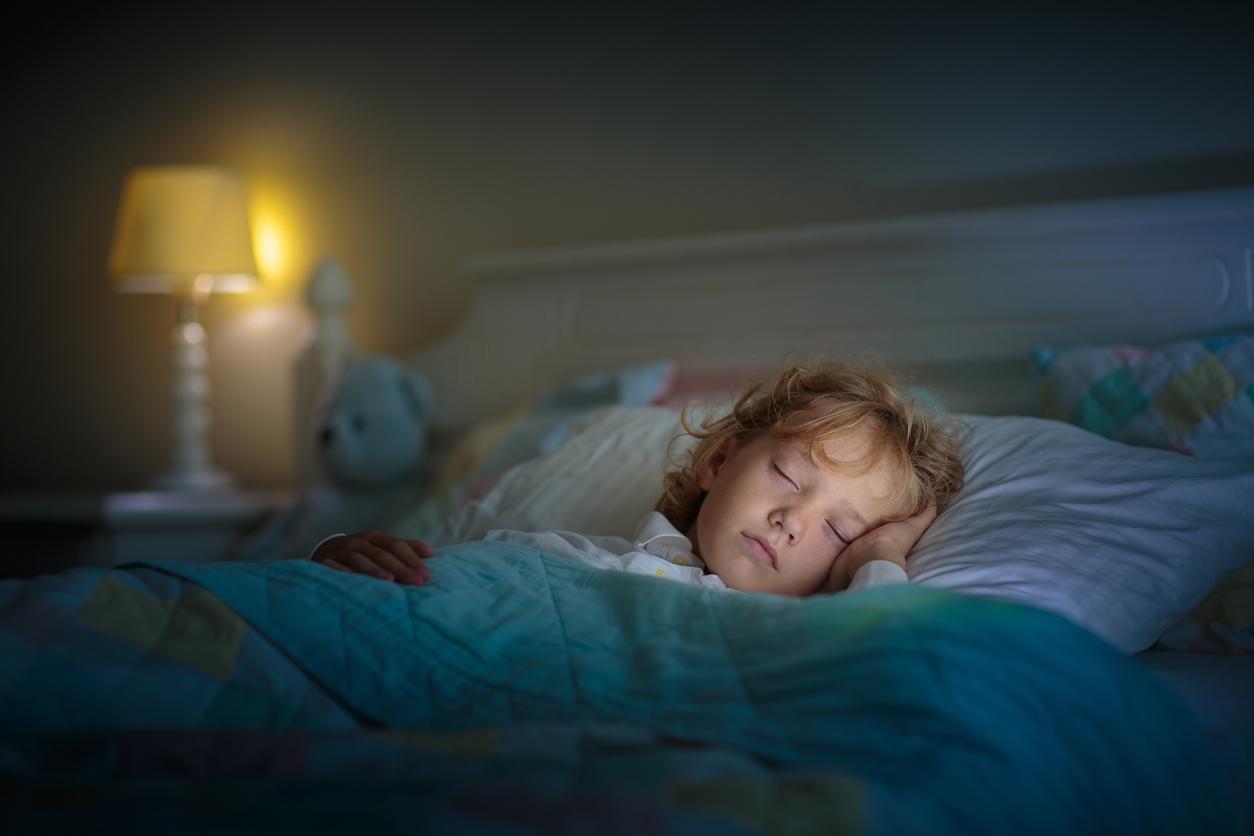Excessive screen time in young children is associated with reduced sleep quality, which increases the risk of behavioral and mood disorders, researchers say.

- A Chinese-Canadian study finds that excessive screen time in preschoolers is linked to a decline in sleep quality, leading to disorders such as hyperactivity, attention problems and emotional symptoms.
- Poor quality sleep, accentuated by blue light and the stimulation of screens, would play a mediating role, amplifying these disorders.
- The researchers, who interviewed the mothers of 571 children, highlight a vicious cycle where screen time and sleep disruptions reinforce each other.
Excessive screen use by preschoolers can impair their sleep quality, worsening problems such as poor attention span, hyperactivity and mood disorders. This is the conclusion of a new study led by researchers from China and Canada, and published in the journal Early Child Development and Care.
A direct impact on behavior and emotions
Research highlights that sleep quality acts as a partial mediator between screen time and behavioral problems. The researchers studied 571 preschool children aged three to six years old, enrolled in seven public preschools in Shanghai. Mothers reported the daily time their children spent on screens (television, smartphones, computers, etc.) as well as information about their behaviors, including symptoms of hyperactivity, emotional disorders, and relationship problems.
“Excessive screen time can keep young children’s brains in a state of overstimulation, which negatively affects the quality and duration of their sleep”say the researchers in a press release. They add that this situation often results from delayed bedtimes and overexposure to blue light, which disrupt sleep cycles. Additionally, sleep quality is closely linked to a reduction in emotional symptoms and social problems. In other words, sleeping better could mitigate the negative consequences of too much screen time.

A vicious circle between screens and sleep disorders
The study authors describe a vicious cycle where increased screen time and sleep disruptions reinforce each other, amplifying the risks of behavioral disorders such as anxiety and depression. “Controlling screen use in young children can not only improve their sleep, but also reduce behavioral problems”according to the study.
To address these issues, researchers recommend limiting the time spent in front of screens and promoting interventions targeted at sleep. However, they recognize certain limitations to their work, notably the potential bias of data reported by mothers. Objective assessments, for example using scientific sleep monitoring tools, would be necessary to confirm these results.















